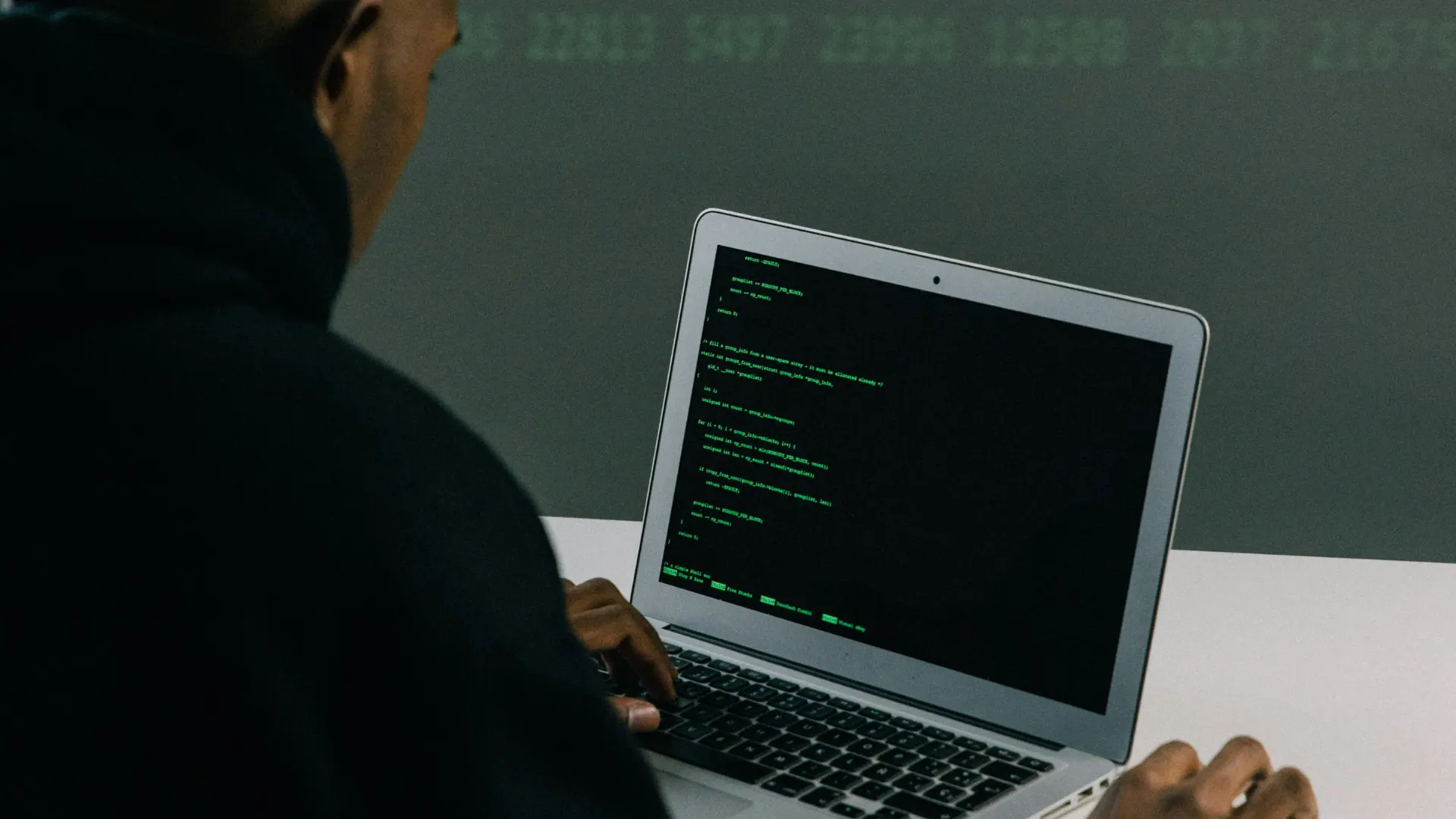3 Startup Lessons from Foundery's LaunchX Experience

Foundery came to be last summer at the Massachusetts Institute of Technology through a startup accelerator called MIT Launch (now LaunchX). Over the course of a month, we took classes held in the Sloan School of Management on topics ranging from ideation and early testing to pitching in front of real investors. It was an incredible learning experience, forcing us to dive headfirst into the exhilarating world of entrepreneurship, and afterwards we couldn’t wait to share what we had learned. Our company mission can be paraphrased as trying to make this transformative journey accessible to as many people as possible. In the hope of advancing this mission, I’ve highlighted a few of my biggest entrepreneurial learnings from my short time at MIT.1. Ideas are OverratedI know, we’re an idea network. I see the irony. But if you look to the core of what Foundery really is, we focus less on the ideas themselves and much more on the people around them. Foundery is about creating strong, diverse, capable teams– that is the real heart of a thriving startup. Despite my initial skepticism, my experiences at Launch proved this critical concept.We spent most of the first week—yes week—ideating and coming up with our teams. Though we did begin by filling blackboards with cascading rainbows of Post-it notes, nearly all of that time was dedicated to pitching to and discussing with potential teammates. We divided ourselves into self-proclaimed “Hackers,” “Hustlers,” and “Designers,” (sometimes alliteratively deemed “Hipsters”) and were relentlessly reminded to balance these characteristics in our final team. Predictably, this had mixed results, with some teams reaching nice equilibriums and others struggling to find a single developer among a sea of future-CEOs.Personally, I was torn; I felt like one group that I was talking to had a stronger team (one that was composed primarily of my friends), and the other, which would later become Foundery, had a stronger idea. Going against all I had been told in the past 72 hours, I sided with the better idea. Luckily, my assessment of the Foundery team turned out to be completely wrong.What I soon found in my new team was a wide range of skills and interests, rather than a group of friends who all brought similar ideas to the table. Our idea wasn’t bad, but, as with all ideas, it needed a lot of evolution. I was incredibly lucky in finding a team capable of navigating this evolution successfully, bringing a range of thoughts and experiences to address every problem and pivot needed to survive. Your idea will not make it to market unchanged– you need a team capable of enduring entrepreneurship’s thrilling turbulence. Which brings me to my next point…

2. Test Early, Test OftenNo idea goes long unchanged, but how do you determine what to change, and when? Here’s where the single most important part of entrepreneurship (after assembling a team, at least) comes into play: testing. You could make the very best three-speed automatic ice cream scoop the world has ever seen, but you’ll never make a business out of it unless people actually want to pay for one. This means asking them about it early and often.This mistake is especially common in the software world, where development often costs nothing except copious amounts of time. Do not start building your product until you know for certain that people want it. Interview strangers on the street, send out surveys, put up flyers. Do anything you can to assess customer interest and, even better, customer priorities. What if rather than an automatic ice cream scoop, people instead want one that can heat up and melt straight through without the need for pre-thawing? Ask questions that would allow you to come to such conclusions– don’t ask ones that lead them to your existing idea. Ask about frustrations and pain points. For later surveys, have customers rate features you are considering from most important to least. All of this is critical when operating with the limited resources of an early startup.After this early assessment of interest, I strongly recommend finding a way to test your idea without going through all the time and money required to fully build it. In Foundery’s case, we created Google forms for people to submit personal profiles of their skills and interests and another to submit ideas. We posted a brief description and these links all around relevant groups on Reddit and Facebook, receiving invaluable feedback as we did. Our hope was to receive a few dozen profiles and ideas as an early gauge of interest; instead, we received hundreds of submissions, as well as numerous comments on our posts providing feedback (positive and negative) and support. We used these submissions to connect our first teams, and only after confirming public interest did we begin work on the platform itself.Constant tests are a critical part of an entrepreneur’s toolbox. They help to set direction and build momentum for a startup. Limited resources must be allocated based on what customers want, not based on what founders think they do. Launch drove this point home repeatedly, directing us to spend more than a third of our total time there on customer research. The final key lesson they gave us, though less novel, played an invaluable role in growing Foundery from its initial seedlings.3. Get Networking!

You’ve probably all heard by now that business is about who you know. I grew up hearing this phrase frequently, but I never really knew what it meant until Launch. Though I understood somewhat where it applied–finding investors, finding people to hire–I didn’t process what I have come to know as its most important consequence. Business is about who you know because those are the people who can teach you. Yes, it is useful for hiring people and yes, it helps when finding investors, but ultimately you need to know mentor figures that can help lead you through the turmoil. No one enters the world of entrepreneurship knowing all there is to know, they usually find their way with a guiding hand.Foundery was incredibly lucky to find a fantastic mentor quickly, but even when it takes far more time and effort the search is absolutely worthwhile. Find someone who can support you where you’re lacking, in realms like legal matters, business development, and even difficult customer support scenarios. Having someone on call who can tell you what you need to know when problems arise is critical to navigating entrepreneurship’s hurdles. Yes, you should network to find new hires and investors, but more than that you should network to find knowledgeable mentors. What ultimately determined the success of many Launch teams was their ability to find a mentor.At the end of the day, starting a company is about persistence. Put in the time and effort to form a great team, test relentlessly, and find a mentor to guide you along the way and you will be on a fantastic trajectory in your entrepreneurial adventure. Our goal at Foundery is to help you take those first steps– our platform can connect you with the diverse team and experienced mentors you need to embark on this exhilarating journey. I wish you the best of luck in the wonderful experience ahead. I can’t wait to hear your own startup story!If you have any thoughts on this article, don’t hesitate to contact me at hunter@wearefoundery.com






